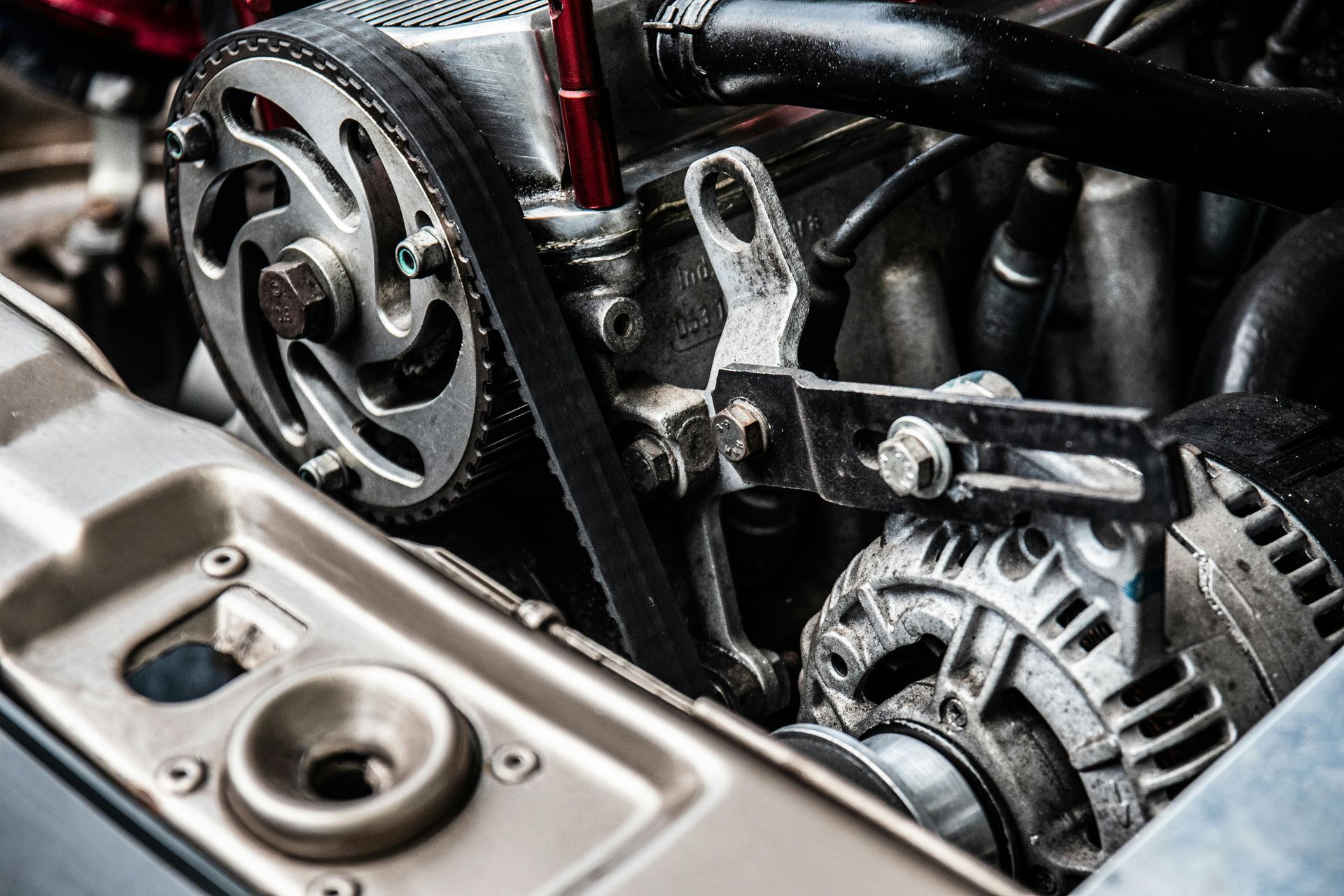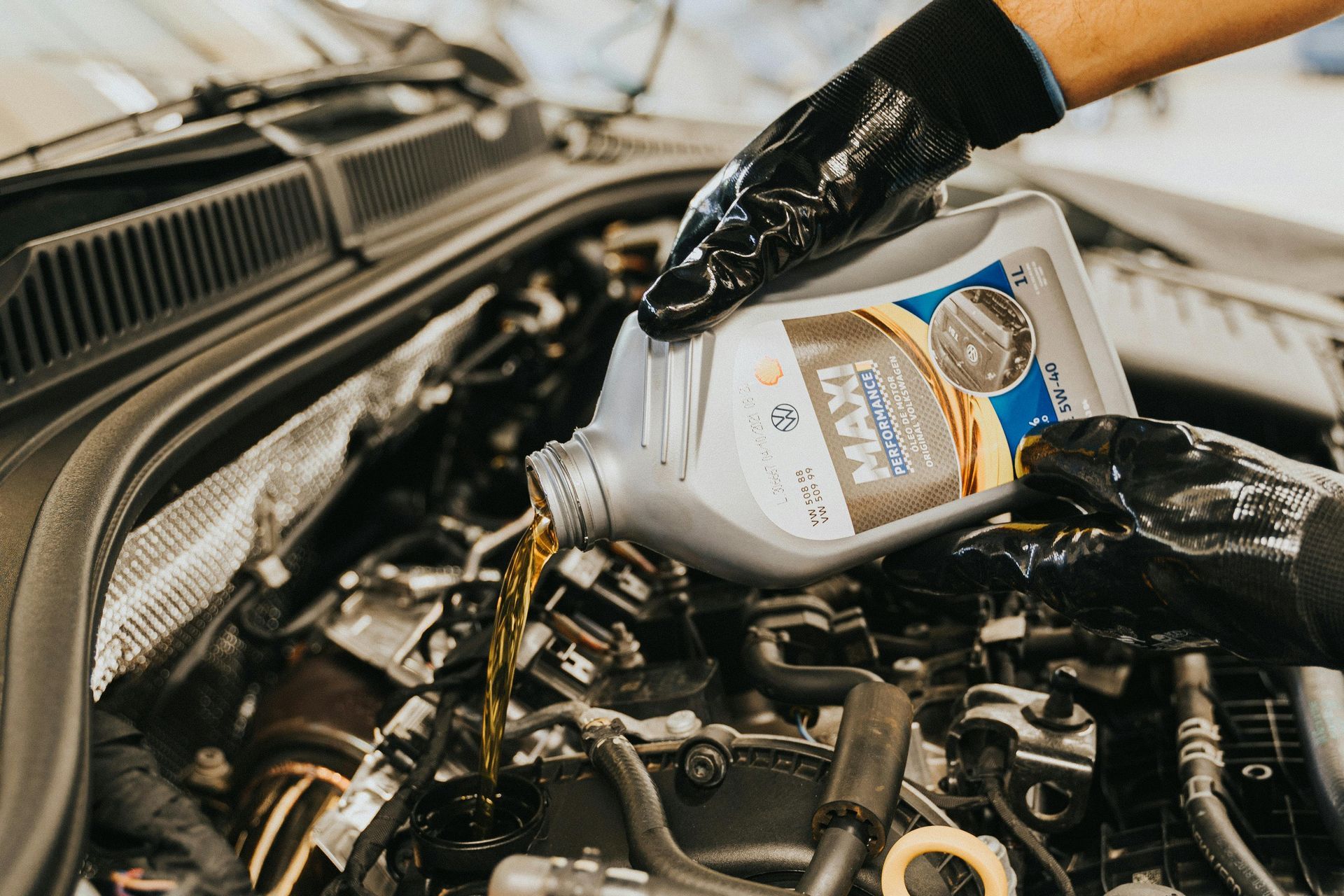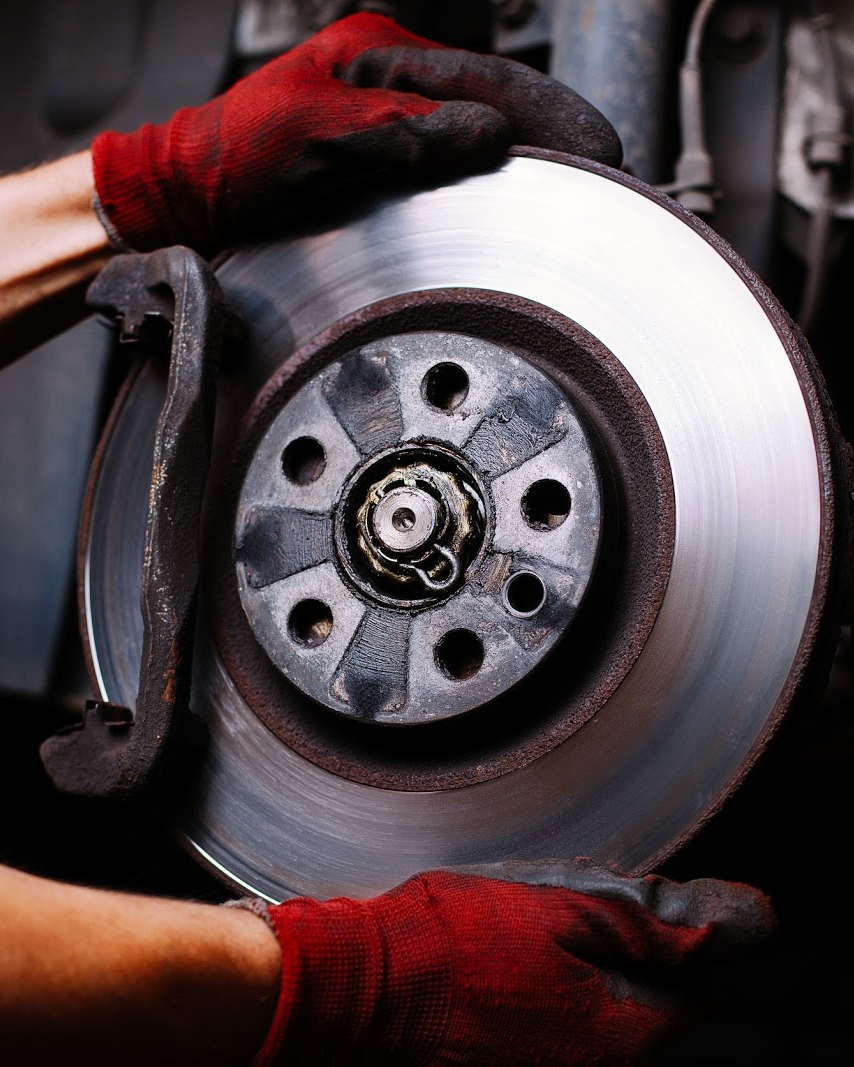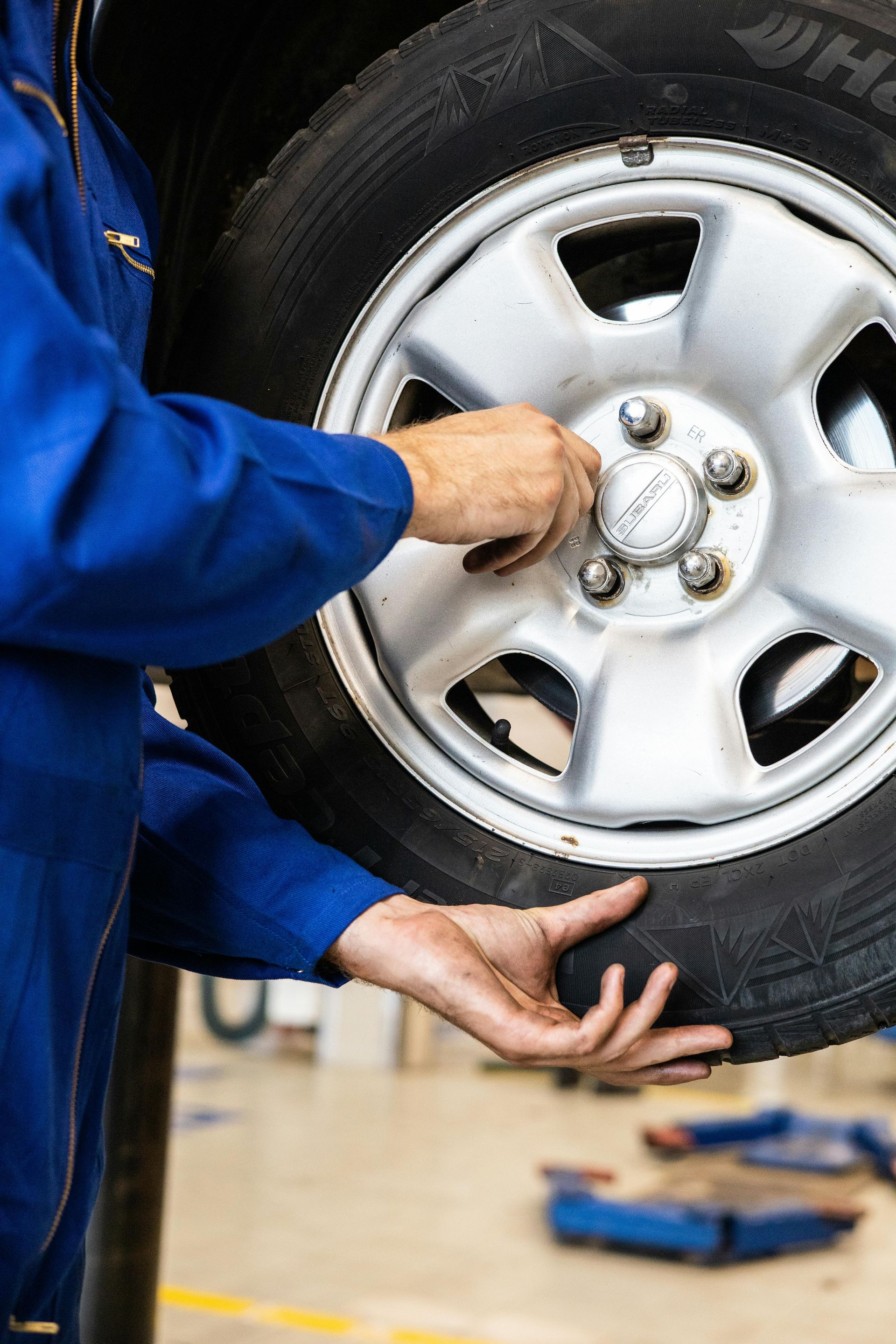Winter Driving Tales: Facts & Myths
 We’ve all heard the wives’ tales, the urban legends, and the ‘expert’ advice on car care. Some contain reliable information, some are harmless, and a few can be dangerous if followed. Here are some common winter driving facts and myths concerning winter tires, thick oil, and what causes a dead battery.
We’ve all heard the wives’ tales, the urban legends, and the ‘expert’ advice on car care. Some contain reliable information, some are harmless, and a few can be dangerous if followed. Here are some common winter driving facts and myths concerning winter tires, thick oil, and what causes a dead battery.
Common Winter Driving Facts
These items may seem like a no-brainer, but there is still a lot of debate going on around the internet these days. Let’s look at the following common winter driving facts and the reasoning behind them.
Winter Tires Are Safer
Is it true that winter tires are safer? Well, the answer is mostly yes. However, the driving conditions where you live play a huge role. Manufacturers design winter tires to provide more traction in snow and ice. If you live in a climate with snow, sleet, and freezing temperatures, then you will definitely benefit from installing winter tires. Drivers in more moderate climates that don’t get snow or have frigid temperatures will probably be fine with quality, all-weather tires during the winter months.
Cold Weather Means Thick Oil
There is no doubt that cold weather does cause your vehicle’s engine oil to thicken. Studies show that at 20 degrees Fahrenheit, conventional engine oil becomes as thick as maple syrup (the real stuff). Once temperatures reach -20 degrees Fahrenheit, engine oil can become thick as molasses. Thick oil can make your battery and starter work harder to start your car. Consult your owner’s manual to verify if a winter-blend synthetic oil is suitable for your vehicle.
Road Salt Causes Rust
We use road salt on roadways across the United States because it lowers the freezing point of water. Less ice means safer driving. But, there’s no arguing with chemistry. Rust (or iron oxide ) is the product of an electrochemical process called corrosion. The oxygen in water combines with iron atoms to form molecules of iron oxide or rust.
Unfortunately, road salt attracts moisture and when combined with a vehicle’s undercarriage metal components can cause rust. However, you can prevent road salt damage by taking a few simple measures . Pretreat your car’s undercarriage, avoid plow trucks, wash and wax your car, and get a winter maintenance checkup.
Common Winter Driving Myths
Have you ever heard the term “Correlation Does Not Imply Causation”? It basically means that the relationship between two events is not necessarily related. The following common winter driving myths are great examples of this phenomenon.
Cold Weather Causes A Dead Battery
Does cold weather cause a dead battery? While it may seem accurate, in reality, more car batteries die due to hot summer weather. Extreme heat can cause the electrolyte inside a car’s battery to evaporate, reducing its ability to hold a full charge. If a battery is not fully charged, it may not have enough current to turn over the starter motor in winter temperatures. A battery with low fluid can also freeze more easily once the weather dips below 30 degrees Fahrenheit.
Vehicles Require Warm Up
Most modern vehicles equipped with a fuel injection system (instead of a carburetor) do not need to be warmed up for more than 30 seconds. According to auto manufacturers, idling longer than 30 seconds is unnecessary and wastes fuel. Of course, this refers to the mechanical aspect of driving. When it comes to passenger comfort, most motorists prefer to let the interior warm up to a more comfortable temperature before going to their destination. De-icing windshields is also easier once the car is warm enough to use the HVAC system (aka the defroster).
Winter Driving Maintenance
When it comes to auto maintenance, “Prevention is better than a breakdown.” Okay, that’s not really what that famous Dutch philosopher said, but I think the sentiment is still valid. Suppose you take care of your vehicle with routine maintenance. In that case, the chances of a minor issue developing into a more extensive repair are significantly reduced. Make sure to get your vehicle into Spectra Auto Services for winter maintenance today.
Schedule Service
Bring your vehicle to Spectra Auto Services located at 324 N East St. in Frederick, MD 21701. We are open Monday through Friday, from 8:00 am to 5:00 pm. You may also visit our website or call us at (301) 695-5990 to schedule an appointment.
Spectra Rewards Club
Become a Spectra Rewards Club Member and earn money back towards future purchases, birthday surprises, and exclusive monthly promotions!
The post Winter Driving Tales: Facts & Myths first appeared on Frederick Auto Repair 21701 | Spectra Auto (301) 695-5990 .














